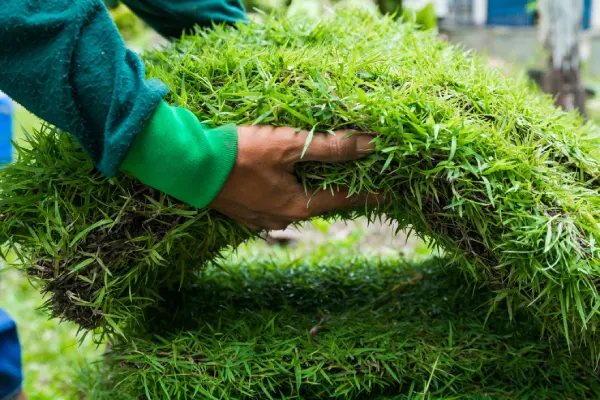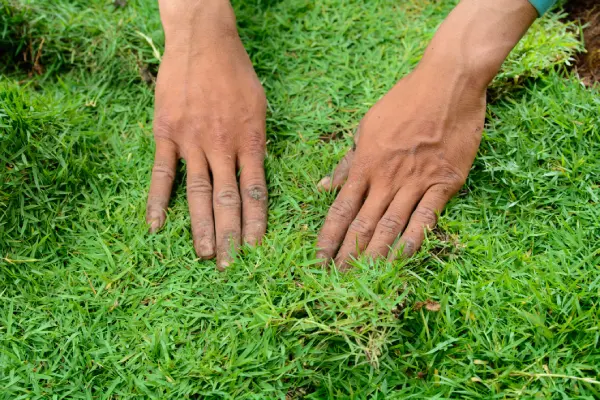How to Lay Sod Over Existing Lawn
A Troubleshooting Guide For Laying Sod
Revamping your lawn with new sod can instantly upgrade your home’s curb appeal. While laying sod over an existing lawn is a viable method, it can lead to unique challenges that may need troubleshooting to ensure the best results. Do you want to know how to lay sod over existing lawn? Dive into some common issues you might encounter in this process.

Uneven Ground and Poor Soil Contact
Learning how to lay sod over existing lawn on an uneven surface can prevent it from establishing firm contact with the underlying soil, causing the roots to struggle. It is essential to smooth out any bumps or depressions beforehand. The key is creating a level bed so that each piece of sod has maximum soil contact, paving the way for stronger root systems.
Battling with Old Grass and Weeds
The remnants of your old lawn can be more than just unsightly — they can also create competition for your new sod. Addressing this challenge requires either removing the old turf completely or ensuring it is mowed extremely short before laying new grass on top. Additionally, treating the area with a non-selective herbicide before installation might be necessary to prevent weeds from competing with your new sod.

Watering Woes: Finding the Balance
- Overwatering: Standing water can lead to mold or fungus problems.
- Underwatering: A lack of moisture prevents proper root establishment.
- Inconsistent Watering: Yields uneven growth and potential for dry patches or root rot.
How to Lay Sod Over Existing Lawn the Right Way
Achieving a lush green carpet of grass through sod installation might seem straightforward, but it often requires addressing several post-installation challenges. By ensuring proper soil prep, dealing decisively with old grass and weeds, and mastering watering techniques, you create a strong foundation for sod success. For those seeking professional intervention around Rio Rancho, NM, Verdant Life Landscaping offers expert services that cater to all your lawn care needs. Reach out at (505) 581-5806, where specialists await to help bring resilience and vibrancy back into your lawn.